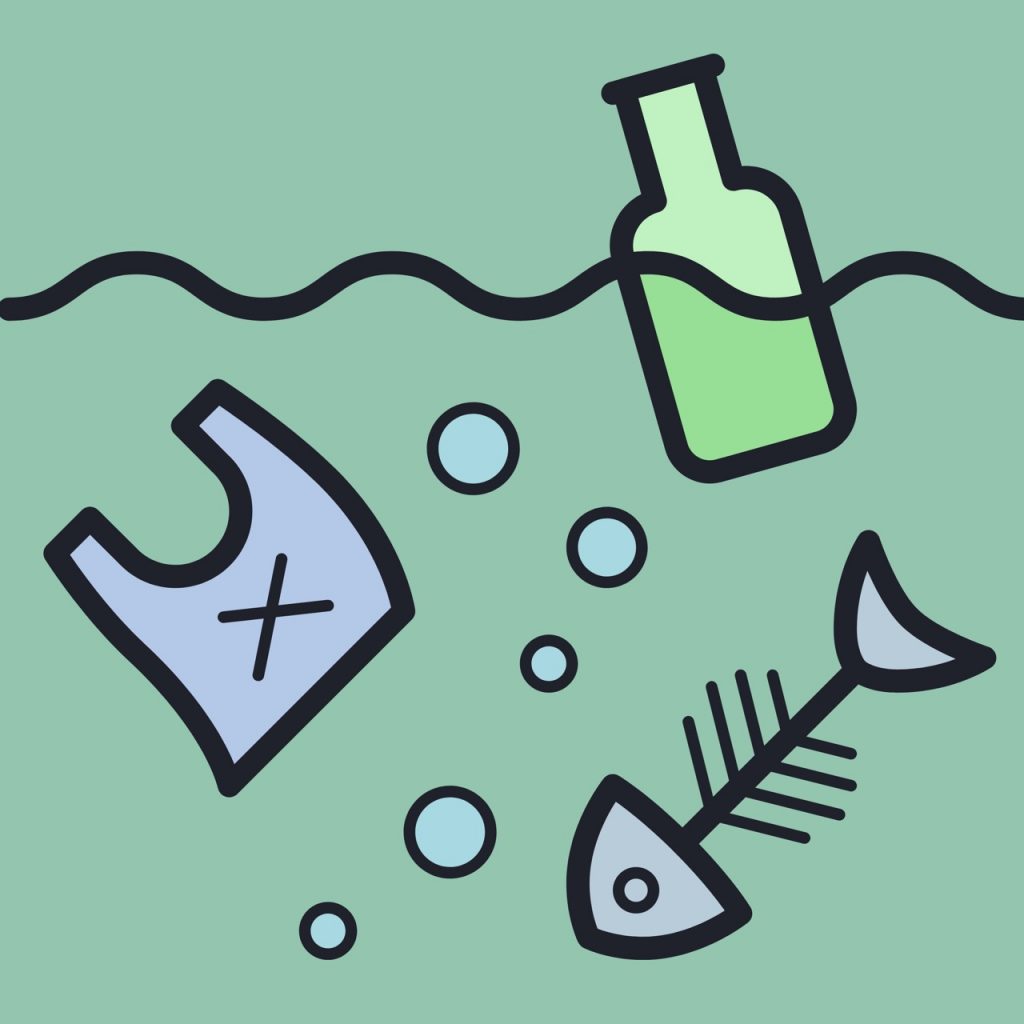
Caitlyn Park explains the struggles of pollution in the Dominican Republic, and concludes to how the country is responding to the difficulty.
By Caitlyn Park Credit: The Myriad News
The Dominican Republic seeks help from activists and environmental organizations as its pollution crisis worsens. Online footage show littered beaches piled with deluges of plastic, with waves of garbage perpetually crashing towards its shores. Many people in the world are shocked to see a once-pristine island in the midst of a pollution crisis.
Littered shorelines are not uncommon
It is not groundbreaking to Dominican residents to hear their country is battling a critical issue of garbage pollution. VIA News reported the country has a past record of “garbage dumps” and insufficient waste handling, but nothing extreme as these littered shorelines have occurred.
Waves of debris crash towards the sand, leaving piles of scraps. Styrofoam containers, plastic bags and more synthetic material are blanketing the shoreline, Time Magazine says. Montesinos Beach in Santa Domingo is experiencing one of its worst cases of water pollution, and the flow of litter doesn’t seem to cease.
Families are affected by the debris
Oceans are not the only bodies of water in the Dominican Republic that contain massive quantities of trash. Streams, rivers and lakes also contain discarded material. Poorer families that depend on these freshwater areas are put at a high risk of disease, due to the fact that most of their water is exposed to unsanitary and precarious contents.
Diarrhoeal Disease, the most common disease induced by water pollution, kills 44 out of one thousand Dominican children under five years of age.
The World Health Organization (WHO) states, “A significant proportion of diarrhoeal disease can be prevented through safe drinking-water and adequate sanitation and hygiene.”
Countless young lives could have been spared if unpolluted water was accessible.
What is causing polluted water?
Garbage is merely a small factor that facilitates the process of water pollution. The littered beaches appear to be originating from Dominican citizens.
“Everybody uses the rivers and beaches as dump sites,” founder of organization Parley for the Oceans, Cyrill Gutsch said.
Mackenzie Andújar, a 41-year-old plumber who is a resident of Bajos de Haina, Dominican Republic, agreed.
“The locals are uncultured; when a dog or other animal dies, they throw the corpse into the river or on the beach, instead of burying it,” Andújar said.
Open defecation is a significant action that also negatively impacts the water’s cleanliness. Although the percentage of people practicing this action has decreased, sevenpercent of the rural population still defecates in fields, forests, bushes, open bodies of water, beaches and other spaces.
Stool takes approximately a year to biodegrade, and can contaminate groundwater. Human well-being is put on the line when excrements are scattered in the open.
Defecating in areas that are not allocated for the activity increases the chances for Dominicans to transmit cholera, polio and cryptosporidiosis. At the same time, environmental health is put on the line. When left on the ground, feces take out can
release hazardous chemicals into the air, and when thrown into the ocean, aquatic life can suffer toxic effects.
Factory waste results in more than just water pollution
Citizens are irritated by the method factories use to dispose their waste. They are concerned about the consequences Dominican communities have to face because of these careless actions.
“There is no respect for the environment,” Andújar said. “There is no control over factories here; they dump their toxic waste out of chimneys and into the water. The situation in Haina has only gotten worse in recent years.”
When water is polluted, soil pollution also becomes an unavoidable issue. The Dominican Republic is a developing country that does not have a stable agricultural system.
The World Bank describes agriculture in the Dominican Republic as highly vulnerable and mostly uninsured. Because water is a vital factor in maintaining rich soil, when large forces like factories greatly contribute to polluting water, soil fertility is endangered.
Change is steadily taking place
Dominican authorities began noting the waves of plastic crashing towards their Caribbean shores and hired 500 workers to gather and dispose the plastic. Locals also became aware of the crisis, and countless volunteers brigaded to handle the mess. Through sweat and strain, a summation of 520 tons of trash was collected in just nine days.
Although it may be said that there are still tons of debris left on the beaches of the Dominican Republic, a noticeable change is taking place within the community.
Activists have held protest marches. Volunteers are continuing to willingly help and support through service, and organizations such as Parley for the Oceans are seeking ways to work with the government in order to “continue to organize ongoing clean-ups, implement education initiatives and develop waste management strategies with our local partners.”
Not all hope is lost in restoring the country back to the tropical island it was. Dominicans are taking action, and in Gutsch’s words, “We are calling for a Material Revolution—plastic has to go.”
